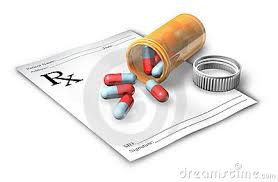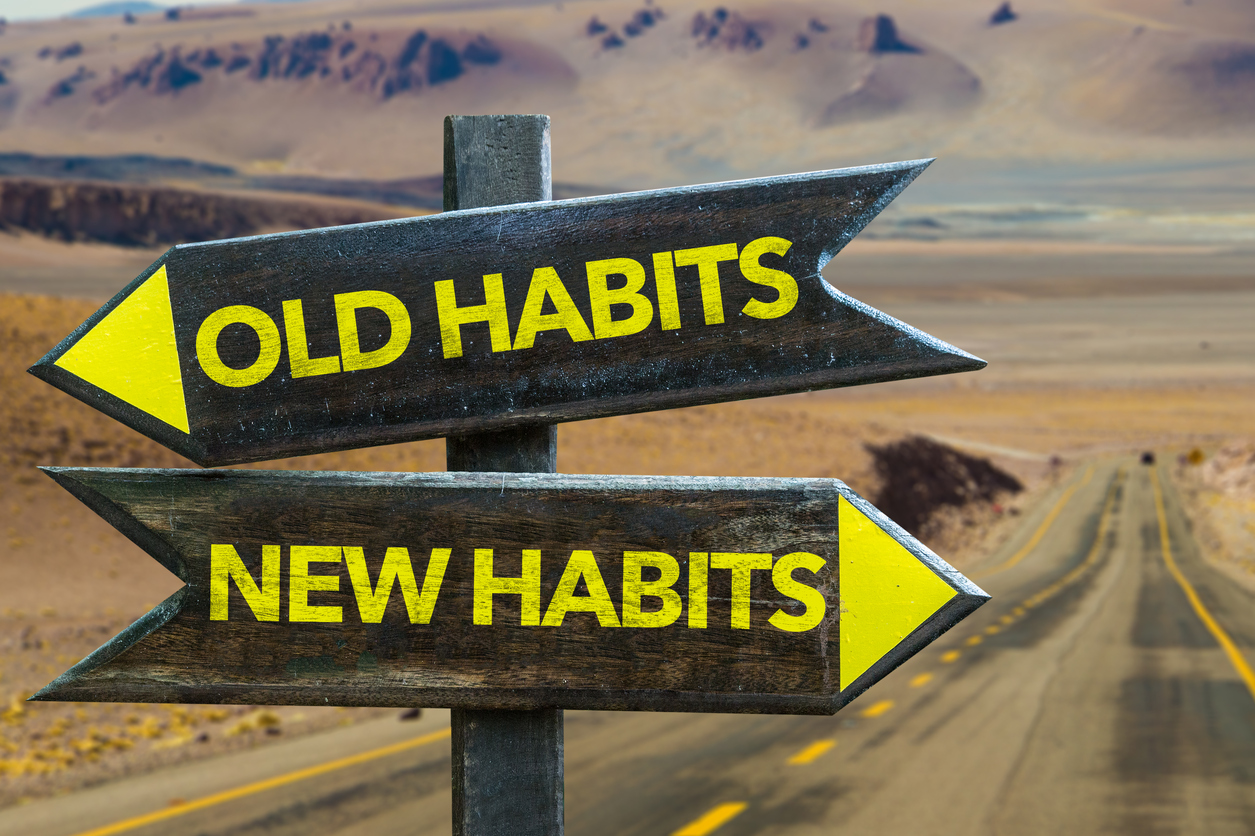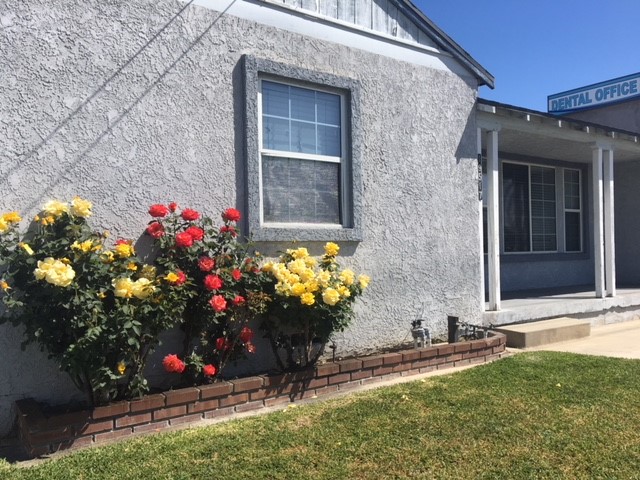Going through the process of being arrested for a DUI can be a very unpleasant and stressful situation. We are a County and State certified facility to provide the classes and individual sessions needed to comply with the Court and DMV orders. Come on in and let us help you through this...WE ARE HERE TO HELP.
What to expect at NCADD:
- We can help you satisfy your court order or the Department of Motor Vehicles (DMV)
- Our experienced staff is professional, courteous, and caring.
- Programs are offered in both English and Spanish.
- Our services are affordable. We offer payment plans and accept most major credit cards.
- We submit the DL-107 Proof for Enrollment and Reinstatement Forms and the DL-101 Completion Forms electronically to the DMV for fast and accurate reporting.
- We offer classes six days a week, including evenings and weekends.
First Offender Services:
Wet Reckless (SB1176):
Individuals convicted of a "wet-reckless" DUI offense. Must complete program requirements in compliance with the Title 9, Section 9851(b), consulting of:
- 12 hours of alcohol and drug education
First Offender (AB541) 3 months:
Individuals convicted of a first-time offense attend the AB541. Must complete program requirements in compliance with Title 9, Section 9851(b), consisting of:
- 12 hours of education
- 18 hours of group
- 3 individual counseling sessions
- 6 self-help meetings
First Offender (AB541) 4 months *Length of the program varies by county:
Individuals convicted of a first-time offense attend an AB541 (4 months). Must complete program requirements in compliance with Title 9, Section 9851(b), consisting of:
- 16 hours of education
- 24 hours of group
- 3 individual counseling sessions
- 6 self-help meetings
First Offender (AB 762) 6 months:
Individuals ordered by the court to enroll and complete six-month program requirements in compliance with Title 9, Section 9851 (c), consisting of:
- 14 hours of education
- 14 group sessions
- 14 individual counseling sessions
- 13 self-help meetings
First Offender (AB 1353) 9 months: Individuals ordered by the court to enroll and complete nine-month program requirements in compliance with Title 9, Section 985 (d), consisting of:
- 12 hrs. of education
- 22 group session
- 21 individual counseling sessions
- 19 self-help meetings
Multiple Offender Services
Multiple Offender (SB 38/1344) 18 months:
Individuals convicted of an 18-month multiple offender program must complete program requirements in compliance with Title 9, Section 9851 (e), consisting of:
- 12 hrs. of education
- 26 group sessions
- 26 individual counseling sessions
- 26 self-help meetings
Multiple Offender (SB 1365) 30 months:
Individuals convicted of a 30-month multiple offender program must complete program requirements in compliance with Title 9, Section 9851 (f), consisting of:
- 20 hrs. education
- 49 groups sessions
- 77 Individual interviews
- 3 book reports
- 130 self-help meetings
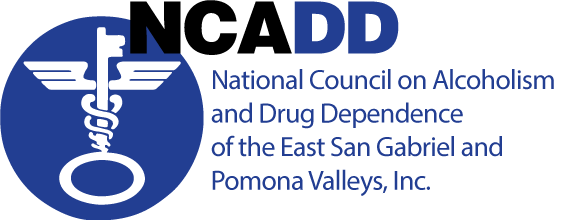
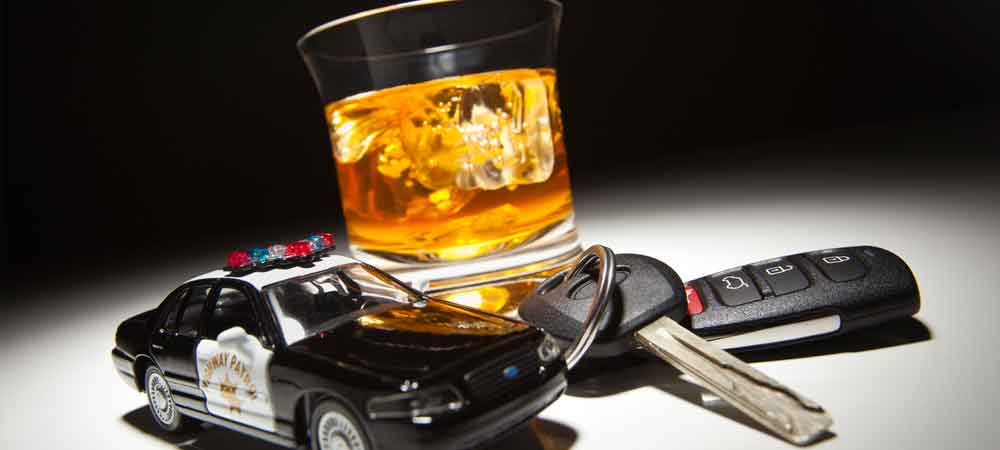


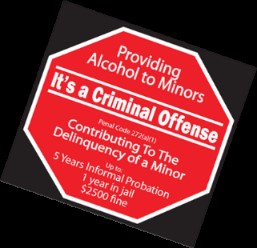
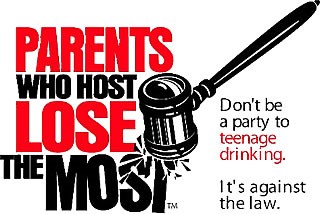 A public awareness program educating communities, parents and other adults about the health and safety risks of serving alcohol at teen parties.
A public awareness program educating communities, parents and other adults about the health and safety risks of serving alcohol at teen parties.  LST is designed to provide information relevant to the important life transitions that adolescents and young teens face, using culturally sensitive and developmentally and age-appropriate language and content to help reduce early experimentation with alcohol and other drugs.
LST is designed to provide information relevant to the important life transitions that adolescents and young teens face, using culturally sensitive and developmentally and age-appropriate language and content to help reduce early experimentation with alcohol and other drugs.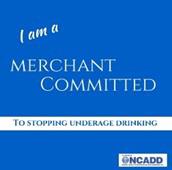 Merchant Education Alcohol Training (i.e. “LEADS”) talks about the risks and liabilities of sales to underage customers. We offer tools to help ensure establishments remains compliant by giving retailers/liquor stores information about the Alcohol Beverage Control (ABC) policies and laws. Recognizing merchants participation and COMMITMENT to reducing underage drinking.
Merchant Education Alcohol Training (i.e. “LEADS”) talks about the risks and liabilities of sales to underage customers. We offer tools to help ensure establishments remains compliant by giving retailers/liquor stores information about the Alcohol Beverage Control (ABC) policies and laws. Recognizing merchants participation and COMMITMENT to reducing underage drinking.